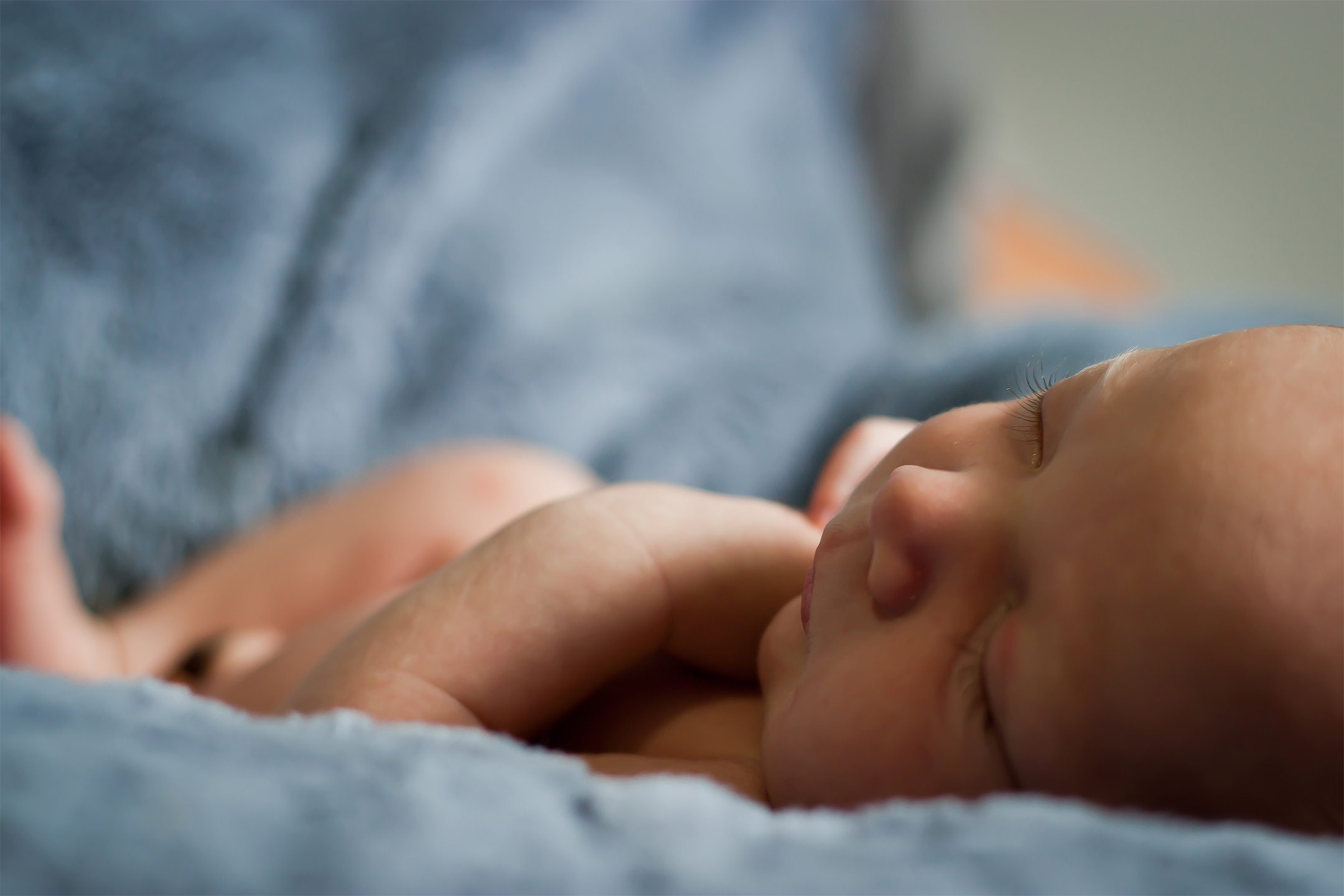
25 Aug Midwives Could Soon Offer Contraceptive Care at Home
New research from Monash University suggests Australian midwives may one day provide contraception during postnatal home visits—a move that could make life easier for new parents.
The study, published in Women and Birth, explored midwives’ views on offering services such as the contraceptive implant (Implanon NXT) in the home. While this approach is common in some countries like the UK and Sweden, it’s not yet routine in Australia, where postnatal care typically centres on the baby.
Lead researcher Dr Jessica Botfield explains the potential benefits: “Closely spaced pregnancies, many of which are unplanned, can place significant physical, mental, social and financial burdens on women and families. Despite this, many women remain unaware of their fertility after birth or their contraception options.”
Making Access Easier for Mums
The 21 midwives interviewed said offering contraception at home could remove common barriers faced by parents—such as limited mobility after a caesarean, childcare demands, rural isolation or financial pressures.
Midwives emphasised that contraception should form part of an ongoing, holistic conversation with mothers—integrating family planning alongside infant care. Many saw home visits as a practical, cost-effective way to give new mums early access to contraception in the weeks after birth.
What Needs to Happen Next
Midwives showed strong interest in upskilling to provide implant insertions, particularly early-career practitioners. However, they stressed the need for clear policies, leadership support, and dedicated training to ensure safe, effective care.
Researchers say the next step is to trial contraceptive implant insertions during postnatal home visits in real-world settings. If successful, this could become an important part of Australia’s postnatal support, helping mums plan their families and protect their health.




